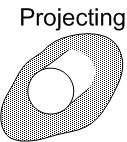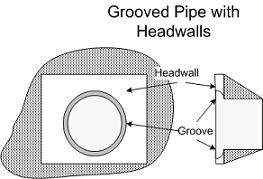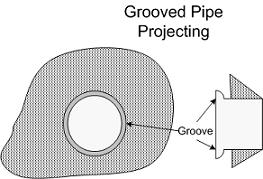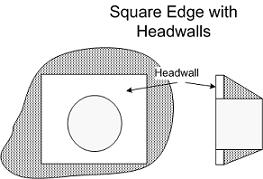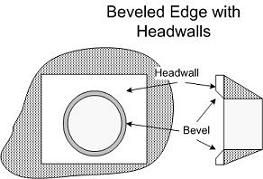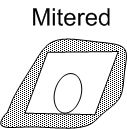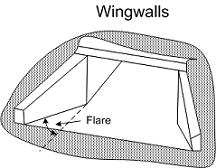HY8:Inlet Configurations: Difference between revisions
From XMS Wiki
Jump to navigationJump to search
m (Jcreer moved page HY-8:Inlet Configurations to HY8:Inlet Configurations) |
No edit summary |
||
| Line 8: | Line 8: | ||
*Mitered to conform with fill slope | *Mitered to conform with fill slope | ||
*Headwall | *Headwall | ||
*Wingwalls | |||
Latest revision as of 21:32, 28 February 2018
Select from the following inlet configurations which are available according to the selected culvert shape. The following inlet conditions are available (see drawing), but may not apply to all shapes or materials:
- Projecting
- Grooved end with headwall (0.05 X 0.07D)
- Grooved end projecting (0.05 X 0.07D)
- Square edge with headwall
- Beveled
- Mitered to conform with fill slope
- Headwall
- Wingwalls
The user can select only one inlet condition for each culvert. Detailed explanations of these inlet conditions can be found in FHWA Publication HDS No. 5 (2001) bundled with the program.
- NOTE: HDS-5 notes that "Flared end sections made of either metal or concrete, are the sections commonly available from manufacturers. From limited hydraulic tests they are equivalent in operation to a headwall in both inlet and outlet control. Some end sections, incorporating a closed taper in their design have a superior hydraulic performance. These latter sections can be designed using the information given for the beveled inlet"
